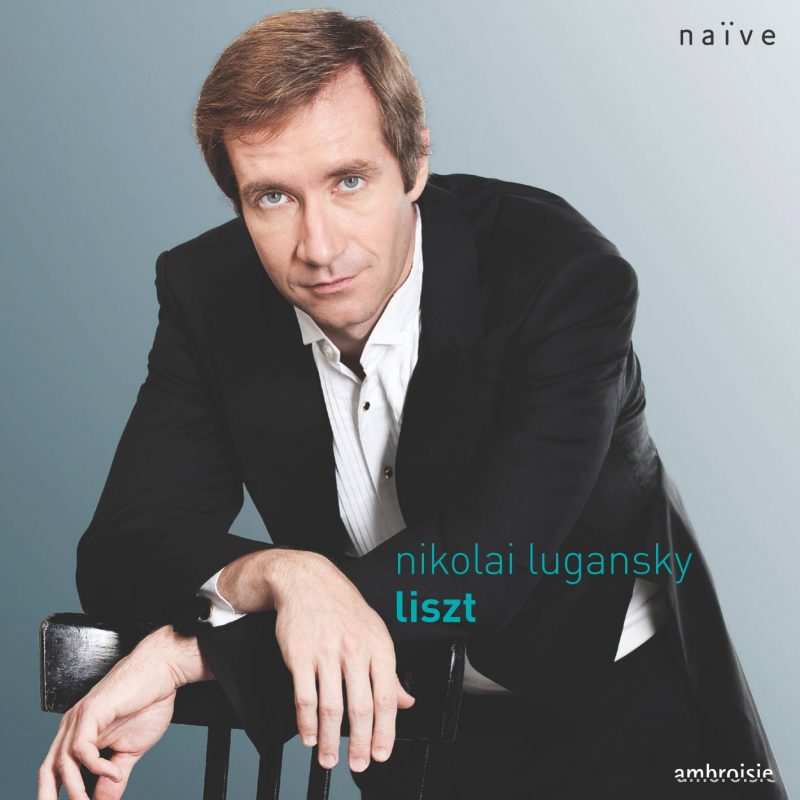CD reviews
ルガンスキーはラフマニノフの再来? 圧巻の前奏曲集
Takuo Ikeda / Nikkei Style, 2018
1972年モスクワ生まれのピアニスト、ニコライ・ルガンスキーと初めて話したのは2004年だが、今も記憶に残っている。父が物理学者、母が化学者の理系頭脳を受け継いだのか、クールで知的な雰囲気が漂い「英語より得意だから、ドイツ語で取材してほしい」と言われて驚いた。94年のチャイコフスキー国際音楽コンクールで最高位(1位なしの2位)を射止めながら、一気にスター街道へは進まず、玄人筋だけが高く評価する不思議なキャリアの一端を垣間見た気がした。以後の記事で何度か引用したが、「偉大な音楽は一切の言葉を超え、形而上の世界へと一気に到達するものだ」と言い切る32歳(当時)の青年に強い印象を受け、ブレークを確信した。
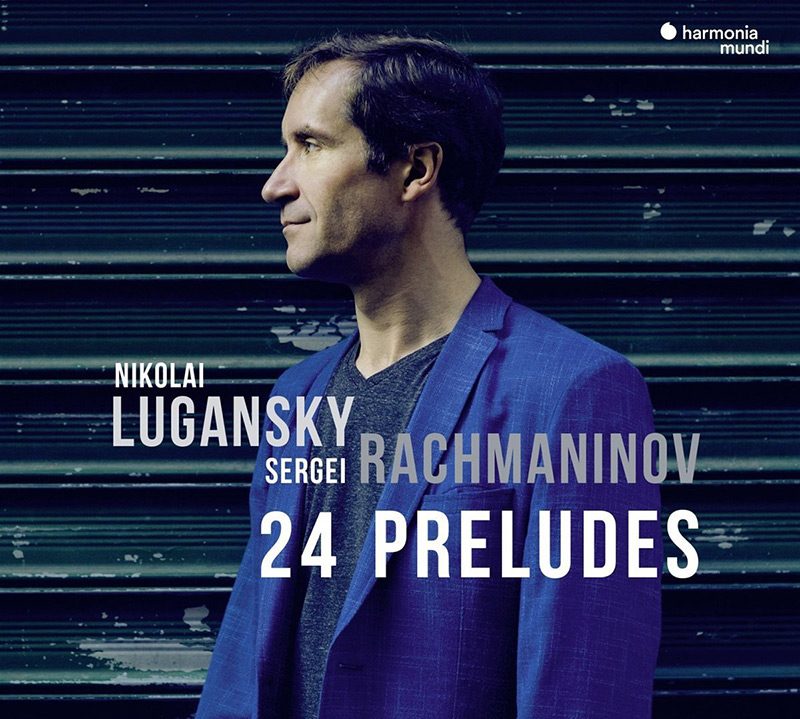
Debussy: Suite bergamasque etc (Lugansky)
By Michelle Assay / Gramophone, 2018
Far from being a mere incidental bonus, Lugansky’s Suite bergamasque, its mercurial nostalgia for the past perfectly captured, is the crown jewel of the disc, a real tour de force of poetic pianism and worthy of lending its title to the recital as a whole.
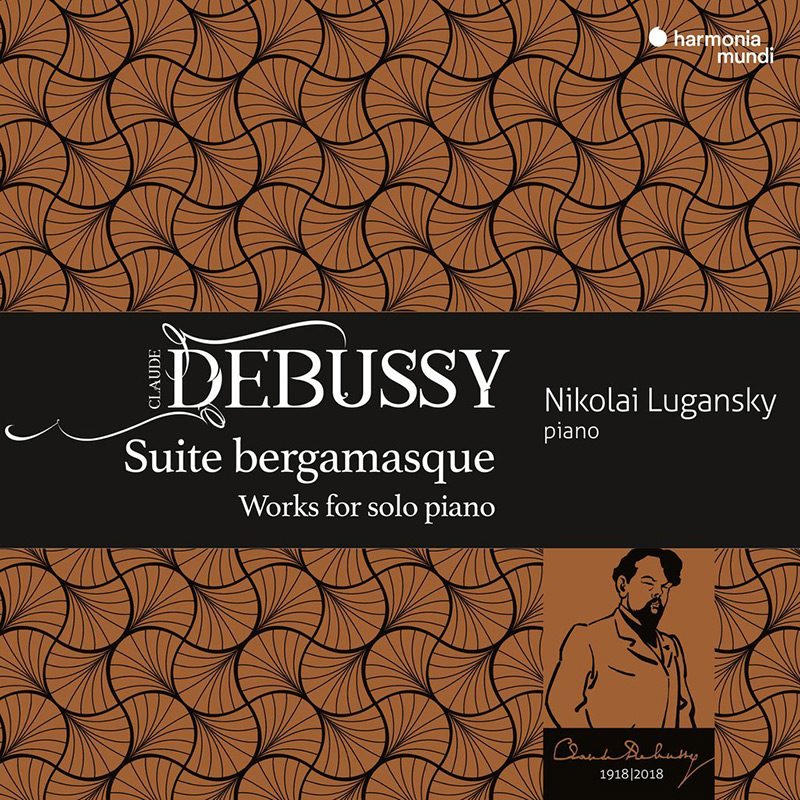
Rachmaninov Complete Preludes (Lugansky)
By Harriet Smith / Gramophone, 2018
The name of Nikolai Lugansky has become inextricably associated with the music of Rachmaninov and it’s not difficult to understand why. He has the requisite technique in spades, he has the dynamic range and, most importantly, he is emotionally completely attuned to this music.

Debussy: Suite bergamasque – Works for Piano
For the most part, this is an album of reflective pieces that don’t require a big sound, and the program shows mostly Lugansky’s quiet side, emphasizing his polished technique and ability to glide nearly effortlessly over the keys with a delicate touch and warm tone.

Nikolai Lugansky: Rachmaninov, 24 Preludes — ‘an ability to enchant the ear’
By Richard Fairman / Financial Times, 2018
In outline, Rachmaninov’s 24 Preludes, the Op. 23 and 32 sets plus the famous C Sharp Minor, follow on from the examples of Bach and Chopin. These, though, are truly virtuoso pieces, a high-point of romanticism, and Russian to the core. Is it surprising that Russian pianists command the field?

Tchaikovsky: The Seasons; Grand Sonata CD review – clarity, insight and dazzling attack
By Erica Jeal / The Guardian, 2017
Lugansky pairs the massive Grand Sonata with the 12 descriptive miniatures that form The Seasons, and his interpretations are insightful and mature. There are huge spans to be shaped in the two first movements of the Sonata; if sometimes one fleetingly wishes for a little more expansiveness and abandon, that slight holding back is part of Lugansky’s pacing, and it works.
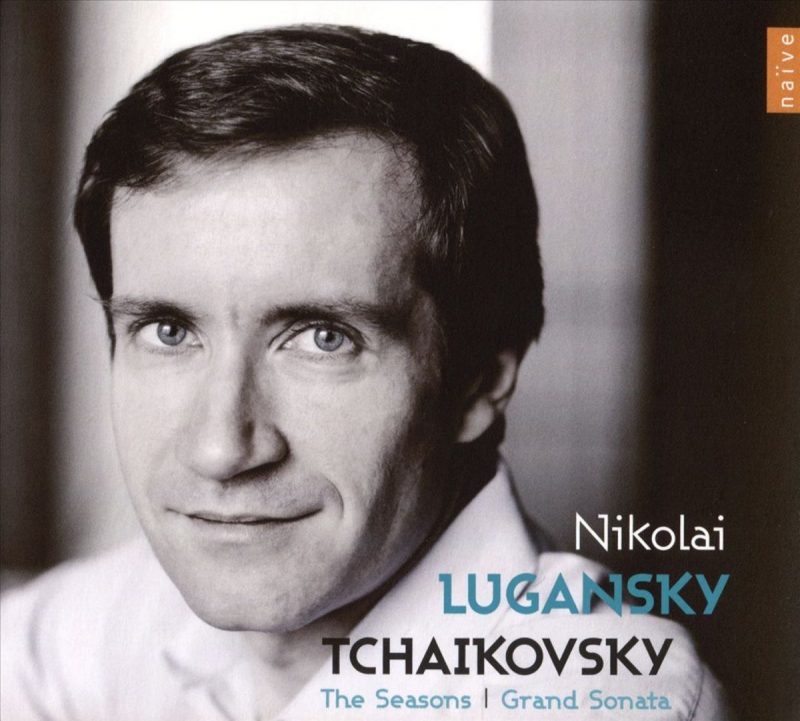
Grieg and Prokofiev piano concertos, Nikolai Lugansky and Deutsches Symphonie-Orchester Berlin, cond Kent Nagano, review
By Geoffrey Norris / The Telegraph, 2014
Neither the Grieg Concerto nor Prokofiev’s Third is exactly a stranger to the catalogue, but Nikolai Lugansky’s collaboration here with the Deutsches Symphonie-Orchester refreshes, rejuvenates and, in terms of interpretation, replenishes each work with a whole range of perceptive refinements.
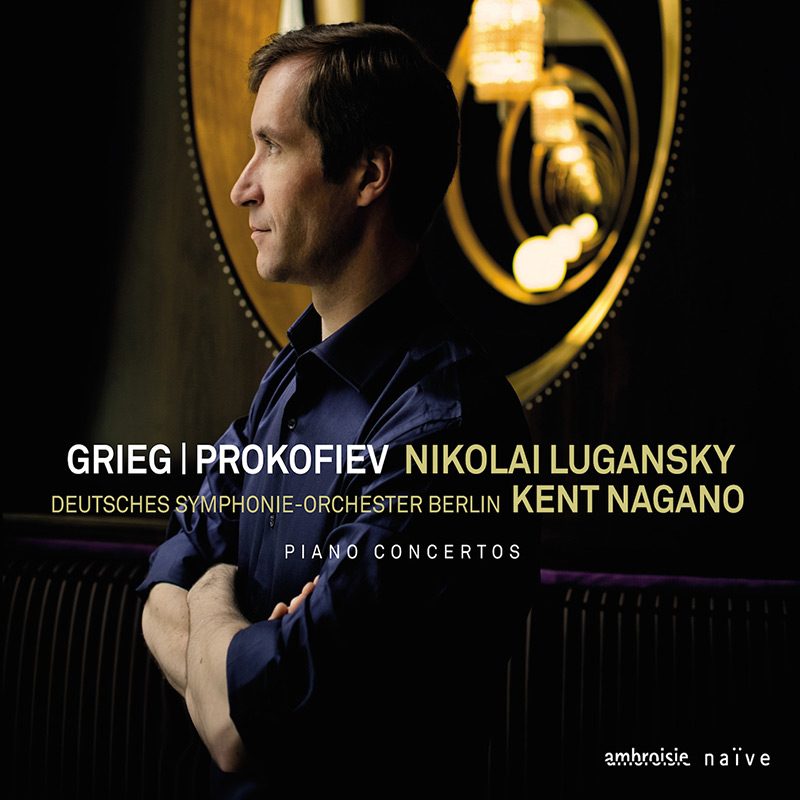
Rachmaninov Piano Sonatas Nos 1, Op 28 & No 2, Op 36
By Jeremy Nicholas / Gramophone, 2012
If, like me, you feel that Rachmaninov’s First Sonata doesn’t quite stack up, Nikolai Lugansky’s account may just cause you to have second thoughts. Many of its figurations, rhythmic patterns and other ideas seem to be a rehearsal for (and are put to more effective use in) the glorious Third Piano Concerto which followed the composition of the Sonata. Certainly one does not need to be cognisant of the composer’s Faust-Gretchen-Mephistopheles programme to appreciate its many arresting passages.
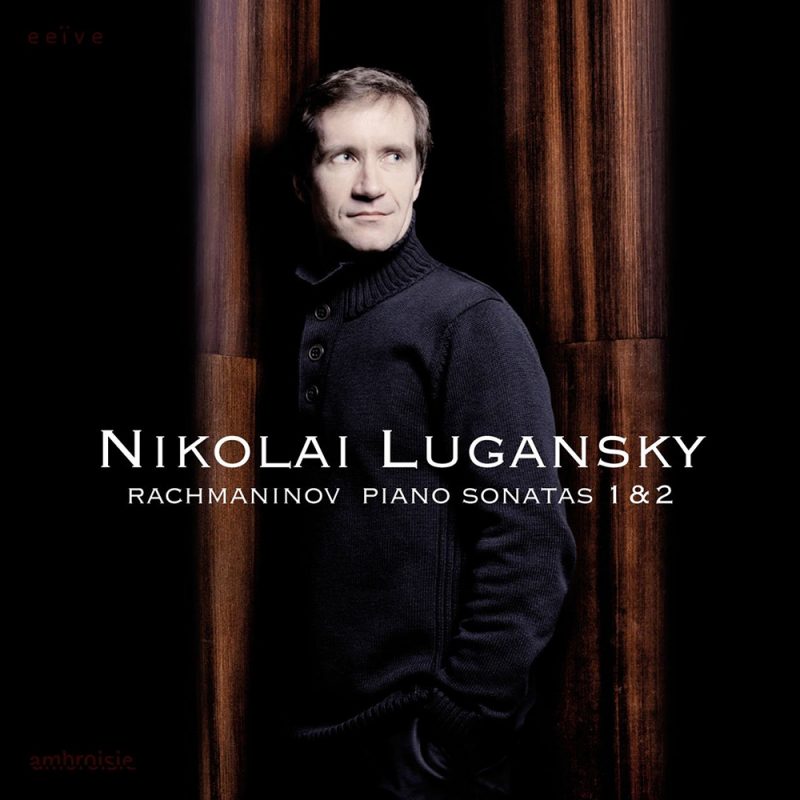
Album: Liszt, Etudes / Années de Pèlerinage – Nikolai Lugansky (Naive)
By Anna Picard / The Independent, 2011
Much like Pierre-Laurent Aimard, whose own tribute highlights Liszt’s influence on later composers, Lugansky favours fantasy over whimsy. Liszt’s ticklish arrangement of Paganini’s “La Campanella” is the only rhinestone twinkler in a handsome programme.
